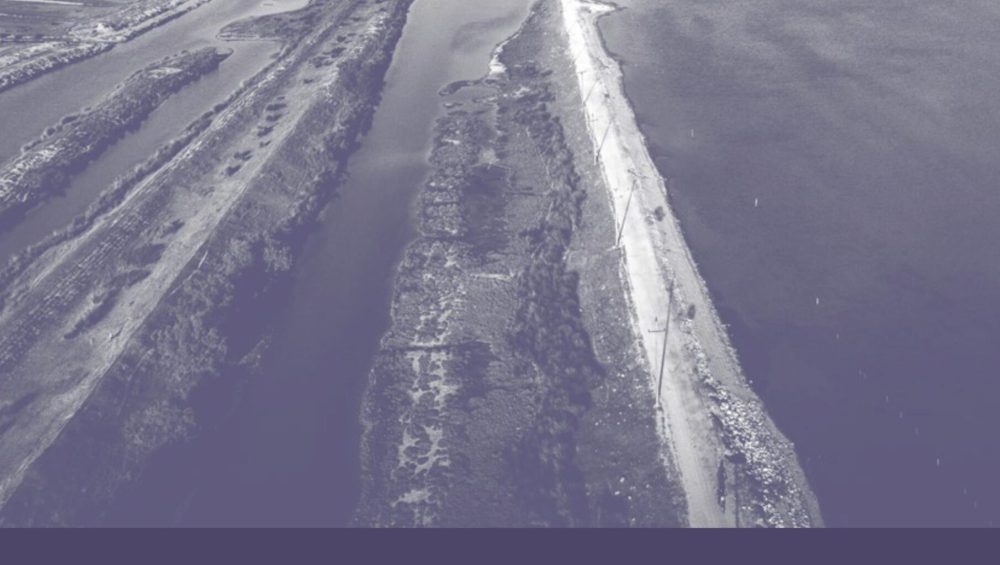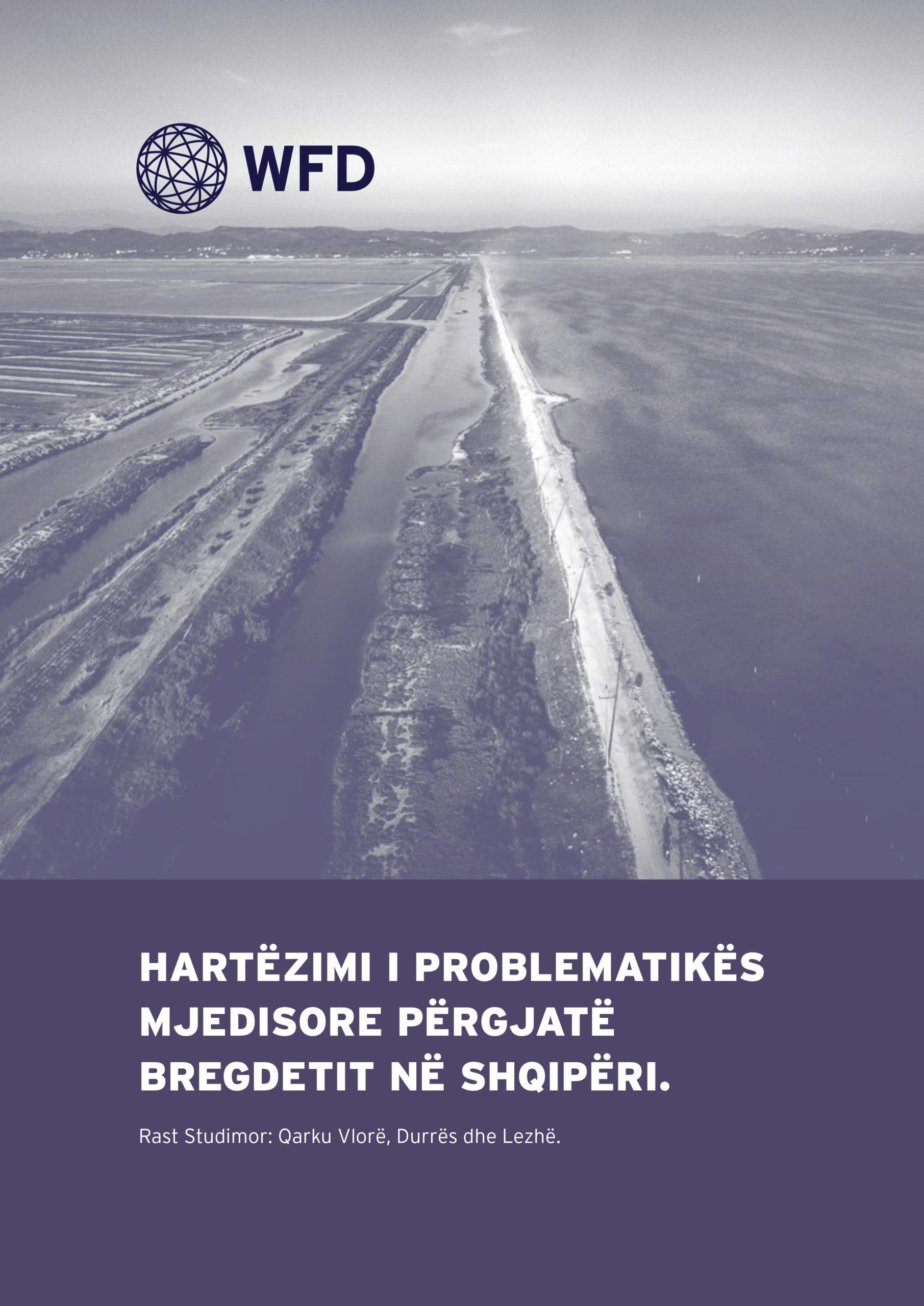Albania’s coastline stretches 316 km from Shkodra to Konispol and is the country’s most valuable asset, as well as being home to over 13% of the country’s human population. Economic, geopolitical and touristic development of the coastal belt is of strategic and national importance for the country.
However, the area suffers from a range of environmental issues. This study identifies thirty environmental issues within the five categories of: pollution from urban waste; marine and port pollution; coastal erosion; destruction of biodiversity; and challenges arising from development.
The study maps issues through research and with the participation of 40 stakeholders from the respective districts of Lezha, Durrës and Vlora, in the north, middle and south of Albania, including representatives of government agencies such as NAPA, NAE, NCA, NIPT, civil society organizations, experts and academics, and activists at the county level.
Priority environmental issues identified across the three regions include a lack of sanitary landfills, the advancement of the sea towards the land due to a lack of coastal vegetation, incidents of oil spills and other pollution in ports and at sea, illegal fishing activities and conflicts generated by the intensity of urban development along the coast.
In the region of Vlora, urban development and the extension of urban areas appears to be among the greatest problems. Durrës contains two of the most polluted rivers in the country, transporting contaminated urban water to the sea, and suffers from potential polluting activity at the Port of Durrës. Rapid population growth in the Lezha region, especially in the Drin and Mat River Delta, is putting increasing human pressure on the area’s rich diversity of ecosystems. Intensive and illegal fishing, coastal erosion and pollution in the Port of Shëngjin have been identified as the most acute environmental problems in the region.
The report also emphasizes the need for an institutional dialogue between the legislative,
executive and local governments in Albania to address these issues. A significant number of the identified problems require the better functioning of existing systems monitoring and controlling institutions at the local and central level, to address hydrocarbon pollution, pollution in ports and the dumping of ballast waters in ports.
Many issues require investment, improved consultation processes and review of the national network of Protected Areas along the coast. The environmental problems identified in this study should serve as an incentive for authorities as well as civil society organizations and foreign assistance programs to foster a wider technical debate to develop solution-based projects and prioritization in draft annual and medium-term local budgets.








